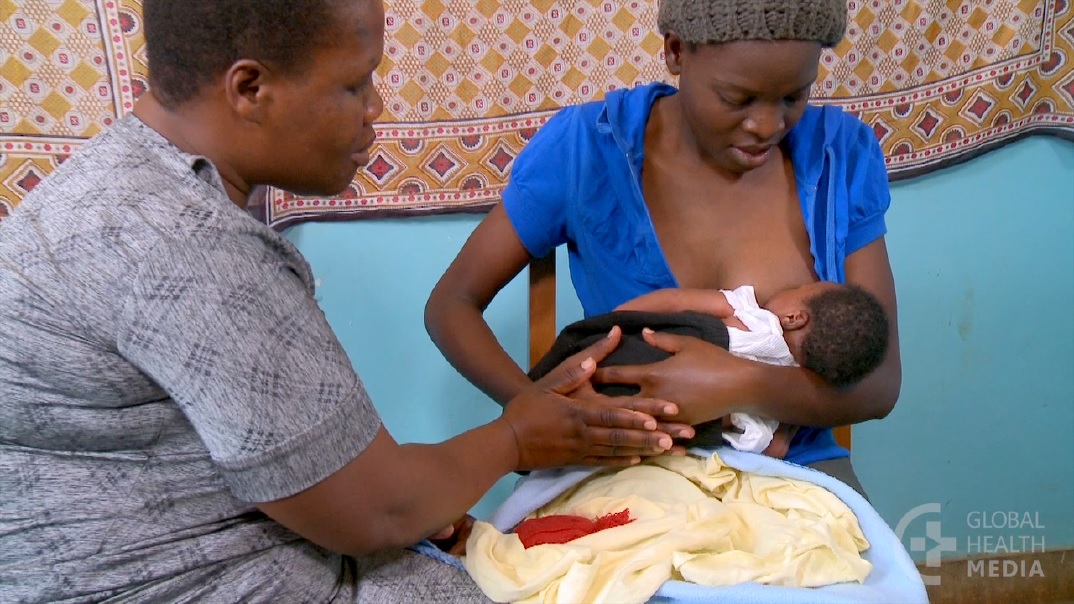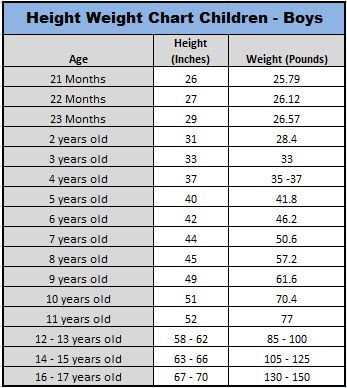How to get your child into modeling and acting
Can Your Kid Be A Model And How?
To be chosen as a model, children should have a unique style.
Image: Shutterstock
If you are interested in kids modeling careers, consider gathering information about the field to determine if it is the right one for your child.
If your child is confident before the camera and you believe they could take up some consignments to get started in a modeling and acting career, it’s a good idea to begin early. However, you may be confused about the journey and what it would take to make your child a great model.
Read this article to answer your queries about modeling careers for children, including how to prepare your child for modeling assignments, the chances of landing a job, and what to expect after signing up with an agency.
Can Your Child Be A Model?
Image: Shutterstock
You can initiate your child into modeling only if they like it and are comfortable with it. Ask yourself if being a model is your child’s aspiration or yours.
- It is okay for your kid to do modeling as long as he or she is enjoying it and having fun. But if they are uncomfortable, call it quits.
- Remember that modeling for children is not a money-making venture, and it should not be a source of income to you or your family.
- As a parent, understand that modeling is not all about glamour and a pretty face. It takes hard work and patience for getting the first gig and then sustaining there. Therefore, analyze if your child is willing to take this additional burden along with their education.
- The most important thing is you should not compromise on your child’s needs and rights such as their education, playtime, and relaxation.
Let’s suppose that you and your child have ticked positive on all the above considerations, would that be enough? No, because you need to consider your convenience and availability as well.
Are You Ready For Your Child’s Modeling Assignments?
Image: Shutterstock
Consider these points before you make a decision:
- You will have to undergo a lot of stress and workload, which will be in addition to your career workload.

- Sometimes you will need to keep yourself free for an entire day to take them for auditions, wait there for your turn and then drive back home.
- If your kid gets selected, it means more breaks from your job. You should be available whenever you get a call and not just during the weekends or in the evenings.
- You need to see if your work schedule is flexible enough to accommodate all these demands.
If you have planned all this and your child is interested too, then you can take a step towards modeling. The first step is to know the traits of a child model.
Related: 15 Calming Games And Activities For Children With Anxiety
What Makes A Good Child Model?
Image: iStock
Children do not have to be perfect to become a model. But here are some usual requirements:
- Agencies look for children with good features such as healthy skin, big and bright eyes, shiny hair and a smiling face.

- Conventionally good-looking kids are in high demand. Children are selected depending on the type of cover or advertisement.
- A “different” or unusual look might make your child unique. For example, young boys having long hair or an Asian child with green eyes or any other unconventional features could have an edge over others.
- A child’s overall personality also matters. A fearless, happy and smiling kid is preferred to a kid who always needs their parents around.
Related: 19 Beautiful Smile Quotes For Your Children
- The child needs to be friendly, outgoing and comfortable interacting with strangers as they have to meet photographers and baby wrangles. They should be okay with a crowd of other kids.
Point to ponder
Building a strong social media presence can help kickstart your child’s modeling career. Massive engagement, following, and influence can give brands an idea about your child’s creative potential.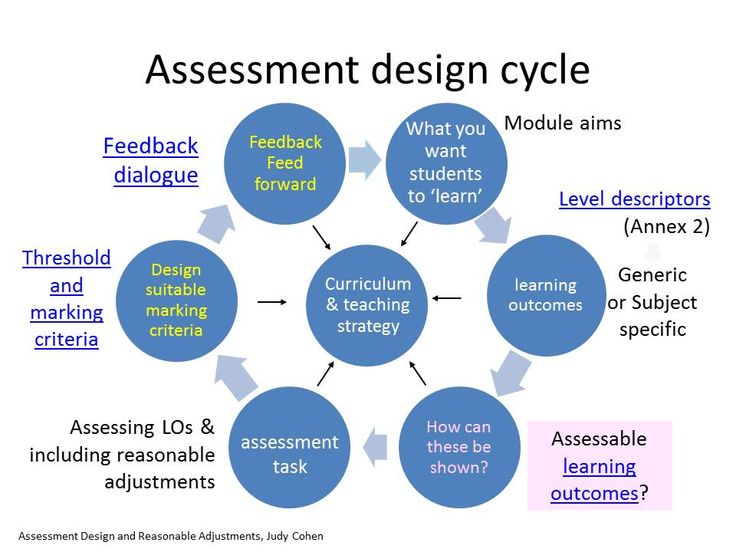
- The aspiring model should be good at taking advice and instructions from new people during shoots. A shy child will not be able to enjoy all the attention and thrills that come with modeling, while a carefree child will not like to listen to others.
Child modeling is as competitive as the adult modeling profession, but getting work is not impossible.
Related: 10 Clothing Websites For Kids
What Are The Chances Of Your Kid Getting A Modeling Job?
Out of a 100 submissions, agency directors meet about seven to eight children and work at most with three of them.
Agencies that represent child models from birth to teenage receive several stacks of pictures and letters from parents and out of every day’s pile they generally meet two to three kids.
Your child’s chances of getting selected are high in the below cases:
- The kid fits into popular clothing sizes.
- You live in proximity to the agency’s office.

- You are a capable parent – not pushy, good in handling rejections, can reschedule your day within a short notice, etc.
Your chances could be high if you personally know somebody in the industry. They can guide you and maybe connect you with the right people. Ultimately, it depends on your perseverance and preparation.
How To Get Your Child Into Modeling?
Image: Shutterstock
- Click some good quality photos of your little one. The photos need not have to be professionally shot. One headshot and two full body photographs should be enough to start with.
- Approach some genuine modeling agencies after proper research, and share your child’s photographs and details such as age, weight, and height.
- Share the profiles with multiple agencies. Then you have to wait for casting calls, also known as go-sees.
Point to ponder
While the glitz and glam appears to be very charming, sometimes the modeling world can get overwhelming and emotionally taxing. So stand by your kid and prioritize their well-being more than anything.
So stand by your kid and prioritize their well-being more than anything.
- They will get back to you if they like the profile, and you will have to take your child for auditions.
- If your child gets selected in the audition, your agency will intimate you. After your kid is done with the work, the agency will cut 10 to 20% of the model’s pay.
- Remember that legitimate agencies never ask for money upfront. They only take their cut once your kid gets work. Be wary of such cheats who feed on the excitement of parents.
- Do not confuse between a model scout and an agency. A scout charges for clicking pictures of your child, which they eventually send to agencies. You can do this on your own.
- Your child may not be earning much from modeling as magazine and catalog shoots pay less. The rates are higher on television and movies. Sometimes, very prestigious magazines or companies pay less but provide a good exposure to your kid.
- Do not relocate to a new city or country for kick-starting your child’s modeling career as no agency can promise assignments.
 Alternatively, you can continue sending photos to modeling contests and competitions online.
Alternatively, you can continue sending photos to modeling contests and competitions online.
- For modeling assignments, children often require to take leaves from school. Whenever your child takes a day off from school, keep the permission letter ready as most agencies will ask for it.
Your child may not get an assignment immediately after being selected by an agency. There is a process for that.
Related: 7 Most Common Reasons Kids Drop Out Of School
What To Expect After Signing Up With An Agency?
Image: iStock
Here is what happens after signing up:
- Go for auditions and go-sees: Your child may have to attend many cast calls before getting selected for their first assignment. These go-sees are usually tiring, and sometimes you may have to stand in a queue with more than 200 children waiting for their turn.
- Additional photos: You may have to expand your child’s portfolio depending on the client’s requirements.

- Quick process: Once you get your turn, the process gets over in a couple of minutes. Often your kid will be asked to try out the outfits.
- The scope of work: Child models mostly work for in-store advertisements, magazines, catalogs, and store circulars.
- Commitment: The work opportunities of your child will greatly depend on your patience and commitment. You may have to attend multiple go-sees in a day or none for several weeks.
1. What is the youngest age to start modeling?
You can start modeling your child as young as a few weeks to a few months old. There is no specific age limit because different campaigns necessitate different ages.
2. Should you pay for a child modeling agency?
Most legitimate modeling agencies do not charge application or membership fees to aspiring baby models. Other legitimate fees, however, may exist. So, if your child’s modeling agency demands registration fees, double-check their authenticity.
Kids modeling may be an attractive career choice, but you need to give it a good thought before walking this path. Opt for modeling only if your child enjoys the process and is comfortable before the camera. You should also analyze how your child will manage the modeling assignments and their education, playtime, and other engagements. If you are ready for the effort, you may apply for a modeling career in ad agencies. Agency directors are often attracted to good-looking children or those with unique features. Remember that all children may not get modeling assignments. It should not discourage you. Also, encourage your children to identify their passion and support them in their journey.
The following two tabs change content below.
- Author
Is Your Child Modeling Material?
Want your child to be our cover kid? Sign up for the 24th annual DFWChild Model Search at dfwchild.com/modelsearch for a chance at landing a 2023 magazine cover. Open to children 10 and younger who live in the Dallas-Fort Worth area. Registration closes December 18, 2022.
Open to children 10 and younger who live in the Dallas-Fort Worth area. Registration closes December 18, 2022.
Your child’s cute as a button, no doubt. But does he or she have what it takes to pose for a national print campaign or star in a television commercial? We previously spoke with Dee Ann Vernon, former director of the youth and young adult division at the Kim Dawson Agency, and she told us, model looks often aren’t enough. “I get a stack of 50–100 submissions a week,” she says. “A very small percentage of children get accepted.”
So, how do the lucky few make the cut? Read on for Vernon’s tips and tricks of the trade.
1. Follow submission guidelinesKim Dawson Agency requests submissions via snail mail, but submission guidelines vary between agencies. “There are very clear directions of what we’re looking for on our website,” says Vernon. Submissions should include accurate measurements of your child and current photos, no: hats, bows, sunglasses, food on the face, face paint, etc. “And we don’t want anybody spending money on professional images just for us.” Snapshots by mom or dad will suffice.
“And we don’t want anybody spending money on professional images just for us.” Snapshots by mom or dad will suffice.
Every single submission is reviewed, and if the agency is interested, they’ll follow-up with a phone call to discuss the next step: an in-person interview. If you don’t receive a response, wait six months and try again. Whatever you do, resist the urge to follow-up with phone calls or emails, which are strongly frowned upon.
2. Have the look and personality of the momentBlonde hair and blue eyes might have once been the look du jour. “But over the past few years, clients have trended toward more ambiguous looking children,” says Vernon. “That doesn’t mean we won’t sign a beautiful blonde-haired, blue-eyed child. It just means there hasn’t been as much work for that look.” While ever-changing market trends dictate the looks most in demand, agencies are responsible for determining which applicants have personalities most befitting to modeling.
Wallflowers need not apply; outgoing, independent kids do best on set. “Photographers love the confident children that walk in the room and take charge,” says Vernon. If your child is selected for an interview, let their personality shine, keeping the interview as casual and natural as possible.
3. Flexible scheduleLast-minute jobs are standard in the business. So when assessing candidates, agents want to know they have the flexibility and proximity it takes. “Does someone—it doesn’t have to be mom or dad—have the flexibility to get these kids to bookings?” she says. “We may get a call at 4:30pm for a job the next day.”
The Kim Dawson Agency employs homeschoolers and kids from private and public schools, but Vernon says some public school districts are notoriously difficult to work with. Before pursuing modeling, parents should consider how it might impact their child’s education and their own day-to-day.
Something else to keep in mind: Agencies prefer talent that lives nearby, where most of the work will take place. Even a town over might be considered too far.
Even a town over might be considered too far.
While kids are being courted, so are their parents. Agents can smell a stage mom a mile away—a deal breaker for most. From following directions during the submission process to knowing how to act on set, agencies want to know that parents are going to play by the rules should their child get signed.
Vernon says turn-offs include: “the parent that always talks for their child, tries too hard to convince us that her child is perfect or over exaggerates her child’s abilities.”
Should your child get signed, she warns to practice caution on social media. “I had a child almost lose a part in a movie due to the fact that somebody posted on Facebook that she got the job prior to the movie getting to release it.”
5. Stay away from scamsUnfortunately, scams are prevalent in the modeling world. In 2011, the Texas legislature abolished state regulation of talent agencies, perpetuating the problem.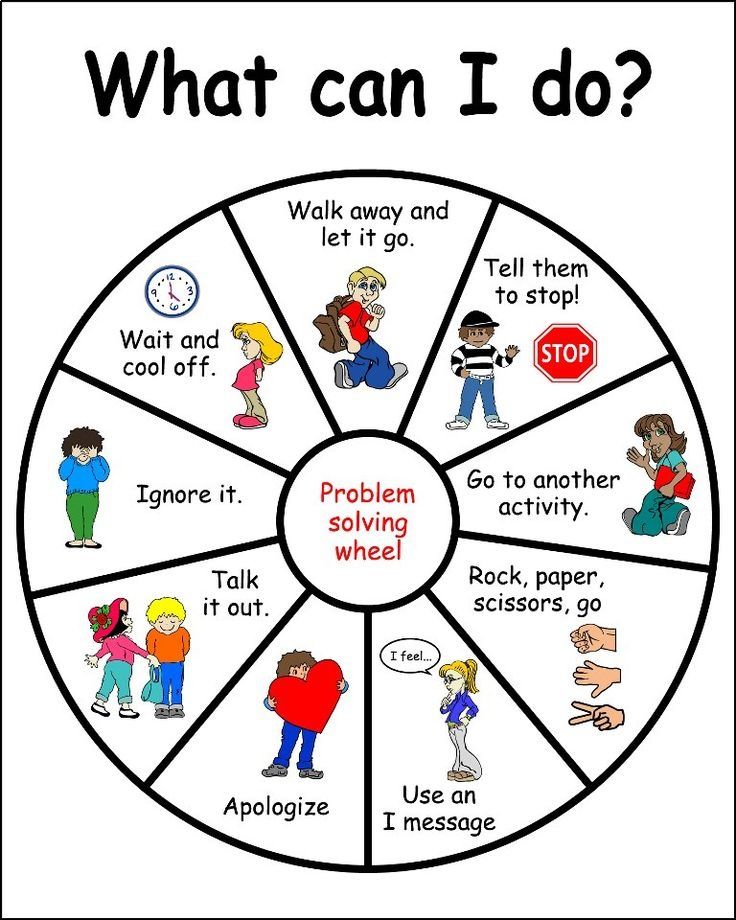 A basic rule of thumb is that agencies shouldn’t make money unless their talent makes money. Steer clear of lesser-known agencies that request a signing fee or push young children to participate in costly modeling classes or workshops. “For just the price of a postage stamp and a decent snapshot you can get your kid in front of us,” says Vernon. “Look for reputable agents that have longevity.”
A basic rule of thumb is that agencies shouldn’t make money unless their talent makes money. Steer clear of lesser-known agencies that request a signing fee or push young children to participate in costly modeling classes or workshops. “For just the price of a postage stamp and a decent snapshot you can get your kid in front of us,” says Vernon. “Look for reputable agents that have longevity.”
When it comes to a baby model, it can be more a challenge. Matt Tucker, formerly with the children’s division for Kim Dawson Agency, gave some us quick tips for parents looking to immerse their little into the modeling world:
- “Clients like big eyes and engaging pictures of the kids. If we receive submissions of kids that have food all over the face, hats, big bows, sunglasses, or are strapped in a car seat in a coat and hat then we are unable to see what the child looks like in the images we will pass.”
- “Since this is a last-minute business, we depend on parents that respond quickly to us.
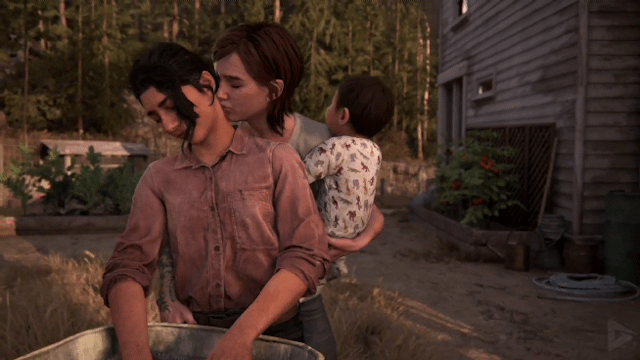 If I see a child that we are interested in, I will email the parents to call me to discuss. If more than three days pass, it is an indication that it is probably not a good match.”
If I see a child that we are interested in, I will email the parents to call me to discuss. If more than three days pass, it is an indication that it is probably not a good match.” - “Once we sign a child, it does not mean that they will start working immediately. It could be weeks or months before any opportunities come up in their size range.”
- “Once we take on a new baby model, we require the parents to update us every two months with a new picture and the child’s length and weight. Again, due to the nature of the business moving so quickly, we can only work with those parents that have flexible schedules.”
Vernon has had success with kiddos she’s found at our model searches. Such as, Kadar Price, who was signed to the agency in 2012. The now 16-year-old already has numerous commercials under his belt.
“He landed his first national commercial with NIKE Air Jordan to promote their AJXXX anniversary sneakers with pro basketball player Russell Westbrook,” Vernon says. Price has also been in three films including Run With the Hunted starring Ron Perlman (2019) and a film short titled 22 (2016).
Price has also been in three films including Run With the Hunted starring Ron Perlman (2019) and a film short titled 22 (2016).
By the Numbers
$50–$125: Typical hourly earnings of child models in Dallas-Fort Worth
20%: Standard industry cut
3, 5 and 10: Sizes in demand for child models
Reputable agencies in the Dallas-Fort Worth area:
The Campbell Agency
214/522-8991
12404 Park Central Drive, Suite 222 South, Dallas
thecampbellagency.com/join
The Clutts Agency, Inc.
214/761-1400
1835 Market Center Blvd., Suite 380, Dallas
thecluttsagency.com/representation
The Horne Agency
214/350-9220
401 Century Parkway, Suite 1236, Allen
thehorneagency.com/submit
Kim Dawson Agency
214/638-2414
1645 North Stemmons Freeway, Suite B, Dallas
kimdawsonagency.com/submit
Linda McAlister Talent
972/938-2433 (Texas office)
lmtalent. com/representation
com/representation
Wallflower Management
214/559-4300
3809 Parry Avenue, Suite 105, Dallas
wallflowermanagement.com/contact.php
Image by Cindy James Photography. Naomi, then 7, of Frisco on the cover of our January 2019 issue of CollinChild. Naomi went on to appear in national commercials for companies such as Amazon. See many of our past covers at dfwchild.com/issue-archive.
Proper development of a child: acting school
True human beauty is not only in appearance, it is in everything - the ability to behave, in movements, in gait and even in conversation. As you know, it is impossible to be an ideal from the beginning, everything needs to be learned. Probably, there is not a single parent who would not care about the full upbringing of their child and would not think about where to send the girl at 9 years old in order to give her the right mental, mental and physical development. An excellent option for this is acting classes.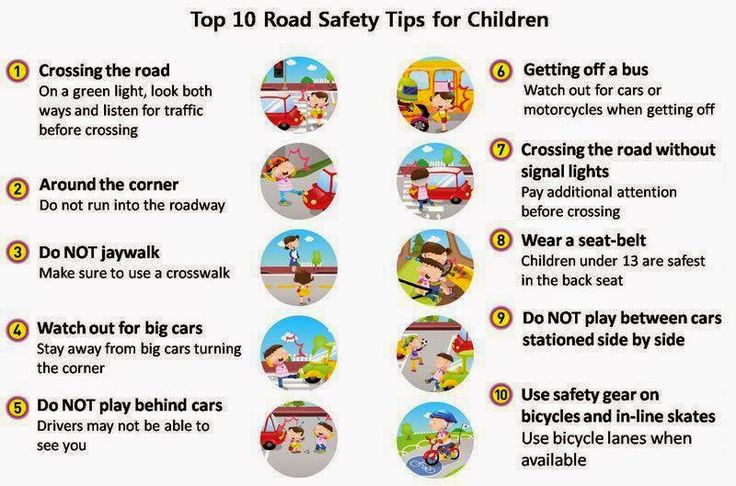 nine0003
nine0003
Of course, without knowing the details, it is quite difficult to evaluate all the benefits that an acting school can give you and your child, so let's try to get acquainted with the offer closer.
What acting school can offer a girl
Modern society is quite aggressive, and frankly, sincerity and kindness are not at all the qualities that will help a child conquer the world. Now self-confidence and psychological stability are more respected, and if these qualities are not enough, then the baby needs to be helped to find them. The modern acting school offers a block of classes aimed at developing certain skills. nine0003
1) Learning to speak - it would seem that at the age of 9, a child already fully possesses the skill of communication, but in fact, almost all children have speech problems - burr, incorrect speech, and so on. The section “Voice Setting” is aimed at instilling in the child the skills to speak correctly, control the intonation of his voice, and most importantly, eliminate problems with pronunciation.
2) Learning to move - a beautiful gait is always a priority, but, unfortunately, children and adolescents often have problems with incorrect gait and ugly posture. The stage movement course is aimed not only at teaching the child to control his body, but also at helping him correct existing problems with the figure and gait. nine0003
3) Getting rid of complexes - most people have certain problems of a psychological nature - complexes, fears, self-doubt. Studies show that most psychological problems have their roots in childhood - various mental traumas, wrong stereotypes, and much, much more. It is the course “Overcoming Fear” that is able to teach a child not to be ashamed of himself, to be more confident and liberated. In addition, this course is aimed at teaching the girl to correctly and soberly evaluate herself, her appearance, her best sides. The thing is that period 9-11 years is especially important in a girl's life. After all, it is at this time that the girl begins to self-determine, comparing her appearance with the appearance of her peers.
Why a theater dance school for a child
We have figured out the usual theater courses, now let's try to figure out what a theater dance school can give a child. First of all, this, of course, is health - any dance school means physical activity. Secondly, of course, beauty, because classes at the dance school have a very beneficial effect on the figure and, of course, gait. In addition to all this classes at a dance school, a theater school, it will allow your child to get a good circle of friends of interest, which, of course, greatly contributes to both the development of the child and the stability of his inner world. In general, art is a big step towards self-knowledge and self-realization in the modern world. nine0003
nine0003
As you can see, the harmonious development of the baby can be ensured in many ways. Among them, acting training stands a little apart. Such training gives not just useful skills, it teaches you to live on the stage pieces of life, comprehending them and giving them an objective assessment.
What parents should know when they decide to bring their child to a theater studio
At the beginning of the school year, many choose which section to send their children to in order to spend their time with benefit and reveal their talents. Fortunately, the market offers many options: foreign languages, sports, creative circles, robotics, chess, and so on. Basically, these activities form some specific skills, but there is a way to develop a child for all 360 °. The theater studio provides such an opportunity. "O!" spoke with industry experts and mothers whose children are studying acting to talk about the features of various studios. nine0003
Why send a child to a theater studio
Physiologist, Doctor of Biological Sciences Maryana Mikhailovna Bezrukikh, in her article about the adaptation of children to school, wrote: “The most important thing that needs to be developed before school is the child’s speech. ” Many teachers complain: modern children cannot retell a text, tell something smoothly, convey their idea clearly and distinctly, it is much easier for them to write it or explain it non-verbally. Classes in the theater studio will help to fill the lack of communication that not only adults are experiencing now, but also to develop the child physically, emotionally and intellectually. nine0003
” Many teachers complain: modern children cannot retell a text, tell something smoothly, convey their idea clearly and distinctly, it is much easier for them to write it or explain it non-verbally. Classes in the theater studio will help to fill the lack of communication that not only adults are experiencing now, but also to develop the child physically, emotionally and intellectually. nine0003
Alexander Lvovich Fedorov, Artistic Director of the Children's Musical Theater of the Young Actor, Honored Artist of Russia face, but send "emoticons". Theater is the art of communication. Our task is to make children more contact, adapted to life. We teach children to talk to each other, achieve their goals through communications, and also return them to childhood through play, because there is very little of it now. nine0003
Who is the studio for
Some parents think that theater is something very specific, and acting is better for children who would like to connect their lives with the stage or those who have the necessary abilities and inclinations.
Elena Lazurina, actress of the Moscow Theater of the Moon, director and senior teacher of the Children's Theater Center-Studio "Little Moon"
We take children from 4.5 years old, and at this age it is difficult to say whether the child will become an artist in the future or not . The main function of children's creative institutions is to help grow a versatile personality. Therefore, our primary task is to reveal the individuality of the child. nine0003
Theater Studio or Drama Club
If your son or daughter dreams of being on the stage or wants to learn acting, all you have to do is type your search into Google and the market will offer you a variety of options: from serious theater schools to private studios and ordinary sections, which are in almost every city. Let's see what their differences are.
Teaching staff
In professional studios, children will be taught by acting actors, singers, masters of their craft with pedagogical education, original teaching methods and vast experience. In amateur theatrical sections, teachers often have nothing to do with the theater. There, the guys can develop their communication skills, become more liberated, but it is unlikely that they will be able to reveal their acting talent for the professional stage. In addition, there are now a lot of one-day studios and projects for which children are recruited for a short time. This is a kind of conveyor: the guys are filmed, "spit out" and take the next ones, without thinking that this is a trauma for the child, because he hoped that his "finest hour" would last longer. nine0003
In amateur theatrical sections, teachers often have nothing to do with the theater. There, the guys can develop their communication skills, become more liberated, but it is unlikely that they will be able to reveal their acting talent for the professional stage. In addition, there are now a lot of one-day studios and projects for which children are recruited for a short time. This is a kind of conveyor: the guys are filmed, "spit out" and take the next ones, without thinking that this is a trauma for the child, because he hoped that his "finest hour" would last longer. nine0003
Creative freedom
But in such unprofessional projects and studios, which are now very prolific, promising fame and recognition to everyone and everyone, there is more freedom for creativity and there are no rigid limits. In a serious theater school, you need to be prepared for routine and strict rules: you will be given a text, you will learn it and play in the same performances for several years in a row, and the attitude towards children here is like to adult actors, without "shusi-pusi" . To some, this option seems heavy and boring. nine0003
To some, this option seems heavy and boring. nine0003
How to get selected
The scary words casting, audition, interview scare not only children, but also their parents. And now, having approached the cherished door to the hall, I don’t want to go there at all. Don't worry, it's not all that terrible. At auditions, children are usually asked to recite a poem or fable by heart, sing or dance to see what they have to work on next. Prepare for the casting at home: rehearse your prepared speech with your child in front of a mirror. But if something doesn’t work out the first time at the audition, don’t get too upset, maybe this is just not your role and you should try yourself in other projects. nine0003
Alexander Lvovich Fedorov, Artistic Director of the Children's Musical Theater for Young Actors, Honored Artist of Russia
We are not a theater group, but a professional theater, so we cannot take all the children, there is a certain selection. Children must be able to sing well.
When we are looking for actors for some role, we arrange an internal casting: we put our children from the troupe on the jury, who evaluate the performance of the newcomers, and they show what they can do. And, believe me, such a casting is more fair, no one is offended. nine0003
Is it difficult to study
When choosing a studio, you need to understand what kind of workload awaits you. Moreover, in serious educational institutions, no one will be able to tell you "on the shore" what kind of employment you should tune in to.
Playing in plays and just learning acting disciplines are two different things. If you want everything at once, you will simply live in the theater, as it was with us: school - studio, rehearsals, rehearsals, and so on every day. Sasha didn’t go out at all, we came home and fell from fatigue. nine0003
Natalya Novikova, mother of the actor Sasha Novikov
Some will be afraid of such a load, while others may consider it training skills for stress resistance and multitasking, the ability to work on tight deadlines, which will certainly come in handy in the future. The theater disciplines children very much: young actors understand that they need to prepare for the performance, learn their words, do homework for the school, so there is less time for chatter and gadgets.
The theater disciplines children very much: young actors understand that they need to prepare for the performance, learn their words, do homework for the school, so there is less time for chatter and gadgets.
Homework
Well, it starts, you say: preparation for school - assignments, at school - homework, and here they will also load something. In fact, everything is not so scary, at least in the initial stages. As homework, you can watch everything that happens around: a friend, a neighbor, an actor on TV, animals, trees in the wind. Beginning actors should try to remember their movements, facial expressions in as much detail as possible, understand the motives of behavior, so that later they can play this character according to the instructions of the director. nine0003
What the theater studio teaches
Usually, four main disciplines are taught in the studio: acting, stage movement, plasticity and choreography, choral and solo singing. These, at first glance, very specific activities, help to believe in yourself, gain confidence in your abilities, feel like a person, get rid of complexes. Children learn to prove their point of view, listen to and appreciate the opinion of their comrades, liberate themselves physically, develop the correct diction. At school and in adult life, these skills will help them to easily deliver some kind of speech with competent logical stresses and pauses, to interest the viewer and keep his attention until the end of his speech. It's great if the studio has some additional classes where you can get acquainted with other creative professions, expand your horizons and discover new talents in yourself. nine0003
Children learn to prove their point of view, listen to and appreciate the opinion of their comrades, liberate themselves physically, develop the correct diction. At school and in adult life, these skills will help them to easily deliver some kind of speech with competent logical stresses and pauses, to interest the viewer and keep his attention until the end of his speech. It's great if the studio has some additional classes where you can get acquainted with other creative professions, expand your horizons and discover new talents in yourself. nine0003
Nicole has been studying at the Akter children's training studio for 4 years. There are many interesting electives taught by professionals in their field: stage make-up, journalism, the basics of animation and voice acting. And in Stanislavsky's studio, children put on a new performance every month, and they themselves draw the scenery, make costumes with their own hands. It is very interesting!
Zalina Plieva, mother of Nicole Plieva, host of channel « Oh! »
How to choose studio
To begin with, it is worth understanding for what purposes a child needs a theater studio and what results you expect. If possible, try to go to the lessons of several teachers and understand which one the kid liked the most, where the atmosphere was more pleasant, where the legs go more willingly.
If possible, try to go to the lessons of several teachers and understand which one the kid liked the most, where the atmosphere was more pleasant, where the legs go more willingly.
Elena Lazurina, actress of the Moscow Theater of the Moon, director and senior teacher of the Children's Theater Center-Studio "Little Moon"
Pay attention to the teachers, because they are the guides of children to the world of theatrical art. It is better if the teachers are acting actors, singers, but with a pedagogical education, and even better, with author's methods and rich stage experience. Teachers should have a good understanding of the psychological, emotional and physical characteristics of the children, be able to captivate them with them. It is good if attention is paid to each child in the classroom. Ideally, the group should be no more than 15 people. And you also need to pay attention to the material base of the studio, so it is better to choose an educational institution at the theater, then the child will be able to regularly play and rehearse on a real stage with high-quality lighting and sound equipment.




